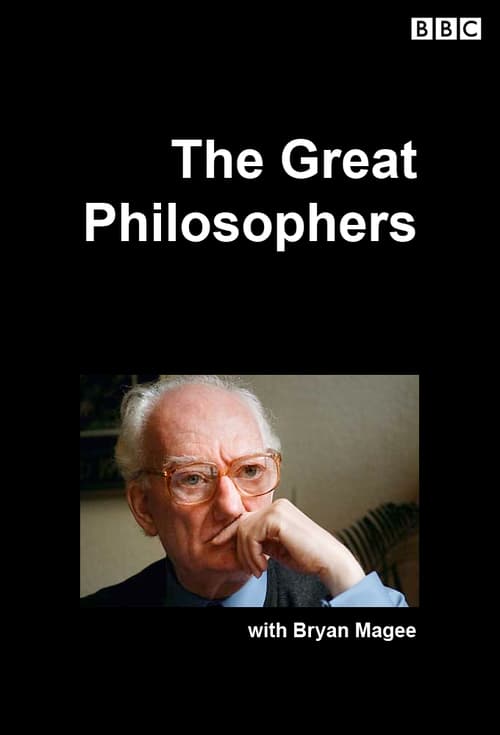- 9.2/10(6 votes)
#1 - Hegel and Marx
S1:E90 CommentsView allDirector:N/AWriter:N/A - 9.0/10(6 votes)
#2 - Husserl, Heidegger and Modern Existentialism
S1:E120 CommentsView allDirector:N/AWriter:N/A - 8.8/10(7 votes)
#3 - Hume
S1:E70 CommentsView allDirector:N/AWriter:N/A - 8.8/10(7 votes)
#4 - Wittgenstein
S1:E150 CommentsView allDirector:N/AWriter:N/A - 8.7/10(7 votes)
#5 - Nietzsche
S1:E110 CommentsView allDirector:N/AWriter:N/A - 8.6/10(6 votes)
#6 - Plato
S1:E10 CommentsView allDirector:N/AWriter:N/A - 8.0/10(9 votes)
#7 - Aristotle
S1:E20 CommentsView allDirector:N/AWriter:N/A - 8.0/10(8 votes)
#8 - Schopenhauer
S1:E100 CommentsView allDirector:N/AWriter:N/A - NaN/10(0 votes)
#9 - Medieval Philosophy
S1:E30 CommentsView allDirector:N/AWriter:N/A - NaN/10(0 votes)
#10 - Descartes
S1:E40 CommentsView allDirector:N/AWriter:N/A - NaN/10(0 votes)
#11 - Spinoza and Leibniz
S1:E50 CommentsView allDirector:N/AWriter:N/A - NaN/10(0 votes)
#12 - Locke and Berkeley
S1:E60 CommentsView allDirector:N/AWriter:N/A - NaN/10(0 votes)
#13 - Kant
S1:E80 CommentsView allDirector:N/AWriter:N/A - NaN/10(0 votes)
#14 - The American pragmatists
S1:E130 CommentsView allDirector:N/AWriter:N/A - NaN/10(0 votes)
#15 - Frege, Russell and Modern Logic
S1:E140 CommentsView allDirector:N/AWriter:N/A
The 20 WORST Episodes of The Great Philosophers
READ
